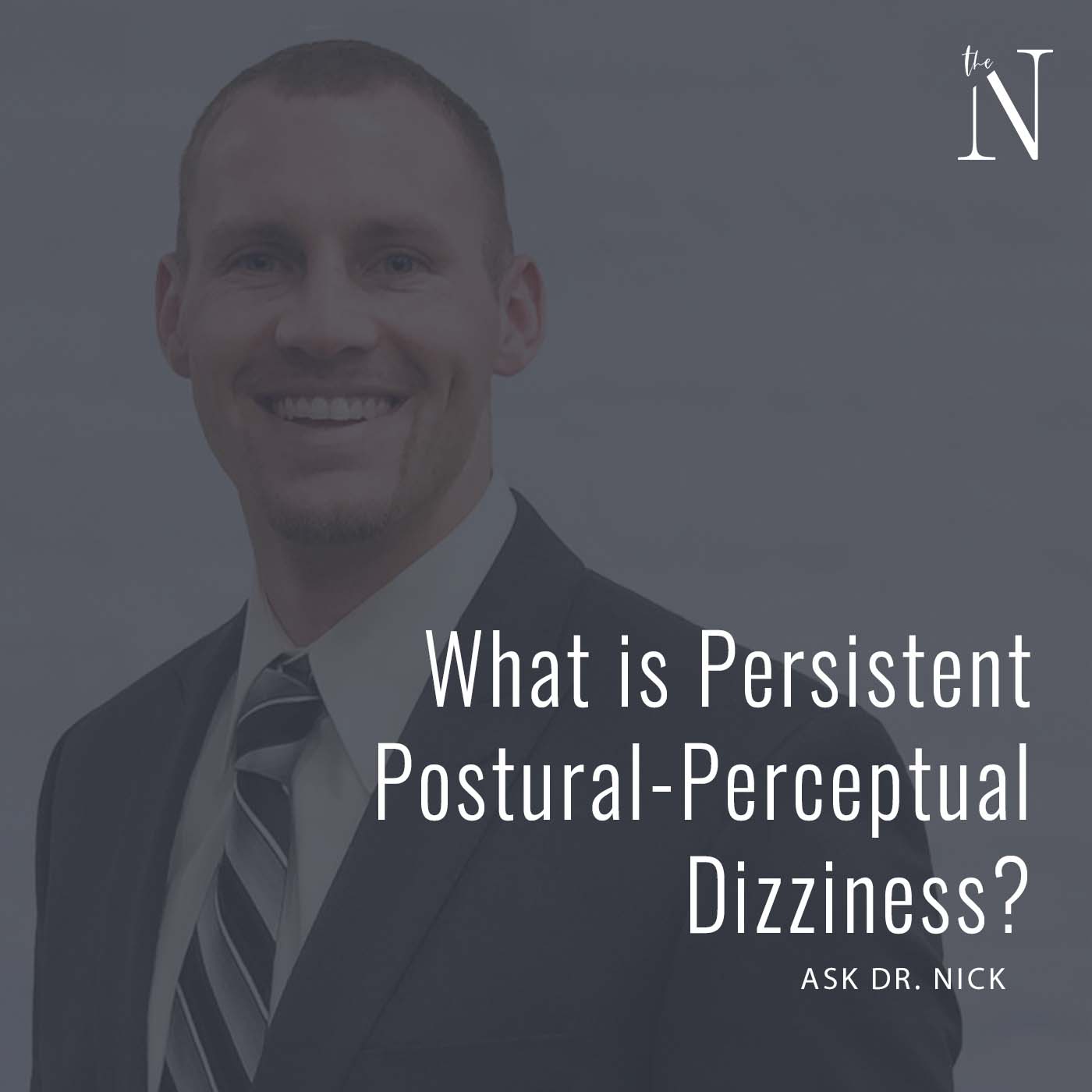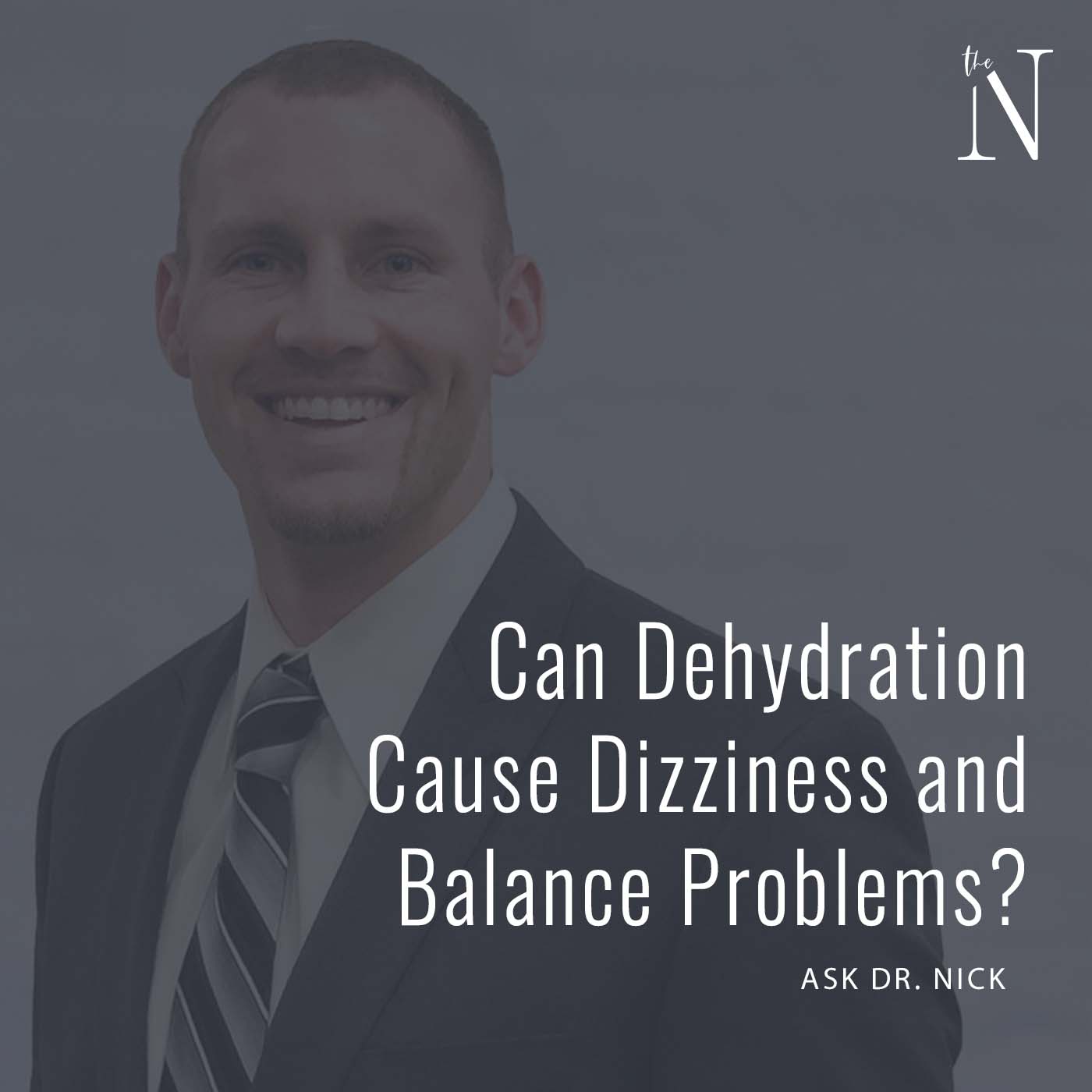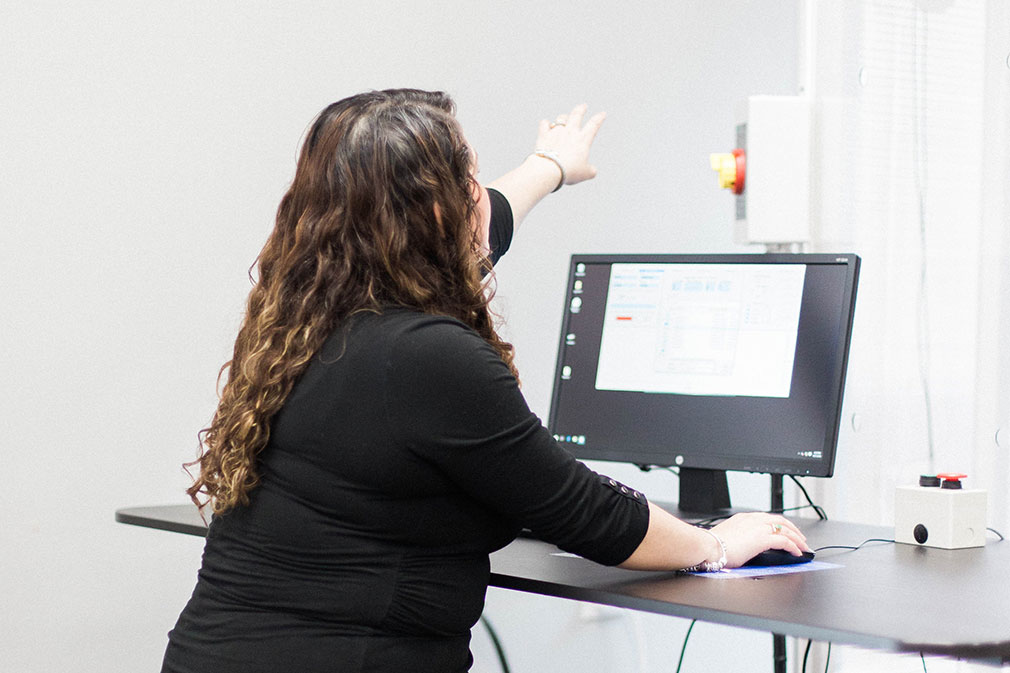 “Problems with balance, walking, and/or posture may be specific to a condition and develop early in the course of a neurological disease, presenting before any other signs and symptoms.”
“Problems with balance, walking, and/or posture may be specific to a condition and develop early in the course of a neurological disease, presenting before any other signs and symptoms.”
-Nonnekes et al. Neurologic disorders of gait, balance, and posture. Nature Reviews Neurology. 2018.
How Common Are Balance Issues?
Neurological disorders of walking, balance, and/or posture are common and debilitating. As we all get older, the likelihood of a disorder of balance, walking, and/or posture exponentially increases. For example, 1 in 10 people in their 60s has a neurological disorder creating difficulty walking. 3 out of 5 people who are older than 80 years old have a neurological disorder creating difficulty walking. These disorders of walking, balance, and/or posture cause substantial disabilities and functional limitations in people’s lives.
What Determines Stability?
Recurrent falls which can lead to injury and possible death are major concerns in individuals with disorders of walking, balance, and/or posture. Postural stability changes based on a variety of factors. These include the following:
-
- Head Position
- Eye Position
- Visual Input
- Cognition
- Support Surface
It is important for all aging adults to receive a yearly balance test under numerous conditions to assess fall risk. Once fall risk is assessed, appropriate exercises can be prescribed to improve posture and stability.
Other Conditions as a Result of Poor Balance
Difficulties with walking and balance require people to reduce their physical activities. This physical inactivity is associated with a host of adverse health consequences:
-
- Heart problems
- Osteoporosis
- Obesity
- Digestive problems
The combination of reduced physical activity with fear of falling commonly results in people having:
-
- Depression
- Anxiety
- Reduced quality of life
Neurological Disorders Predicted By Posture
Problems with balance, walking, and/or posture may be specific to a condition and develop early in the course of a neurological disease, presenting before any other signs and symptoms. For example, a reduced arm swing while walking on one side of the body could be the first sign you see on a person with Parkinson’s Disease. Walking with your feet wider apart than normal is one of the first signs you see in people with a disease of their cerebellum in their brain. Balance problems and recurrent falls within the first year of experiencing rigidity are seen in atypical parkinsonism (multiple systems atrophy, supranuclear palsy). Also, patients with essential tremors have trouble walking with one foot in front of the other (tandem gait), whereas other tremor disorders do not have this difficulty.
For anyone who has noticed problems with their balance, walking, and/or posture, it is important to find a trained professional in your area. Testing of balance and walking can often help diagnose many neurological conditions that translate into more appropriate care and better outcomes.




